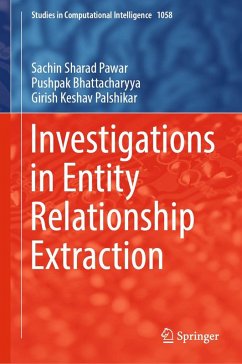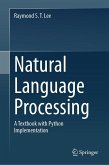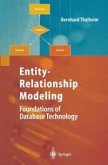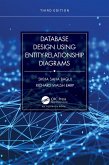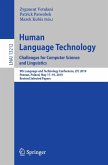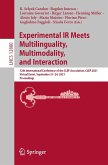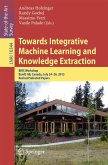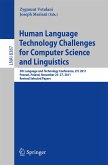The book covers several entity and relation extraction techniques starting from the traditional feature-based techniques to the recent techniques using deep neural models. Two important focus areas of the book are - i) joint extraction techniques where the tasks of entity and relation extraction are jointly solved, and ii) extraction of complex relations where relation types can be N-ary and cross-sentence. The first part of the book introduces the entity and relation extraction tasks and explains the motivation in detail. It covers all the background machine learning concepts necessary to understand the entity and relation extraction techniques explained later. The second part of the book provides a detailed survey of the traditional entity and relation extraction problems covering several techniques proposed in the last two decades. The third part of the book focuses on joint extraction techniques which attempt to address both the tasks of entity and relation extraction jointly. Several joint extraction techniques are surveyed and summarized in the book. It also covers two joint extraction techniques in detail which are based on the authors' work. The fourth and the last part of the book focus on complex relation extraction, where the relation types may be N-ary (having more than two entity arguments) and cross-sentence (entity arguments may span multiple sentences). The book highlights several challenges and some recent techniques developed for the extraction of such complex relations including the authors' technique. The book also covers a few domain-specific applications where the techniques for joint extraction as well as complex relation extraction are applied.
Dieser Download kann aus rechtlichen Gründen nur mit Rechnungsadresse in A, B, BG, CY, CZ, D, DK, EW, E, FIN, F, GR, HR, H, IRL, I, LT, L, LR, M, NL, PL, P, R, S, SLO, SK ausgeliefert werden.

